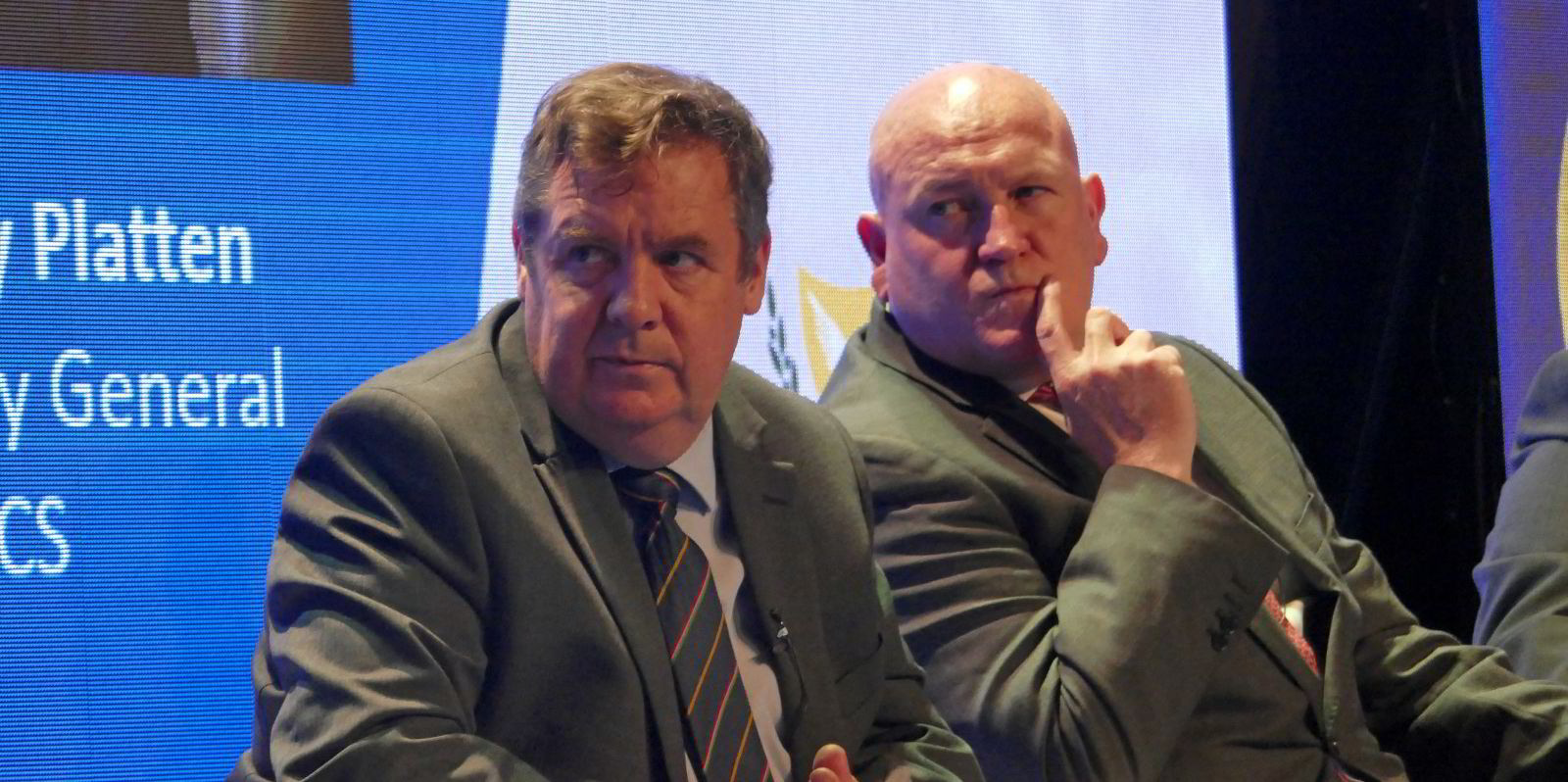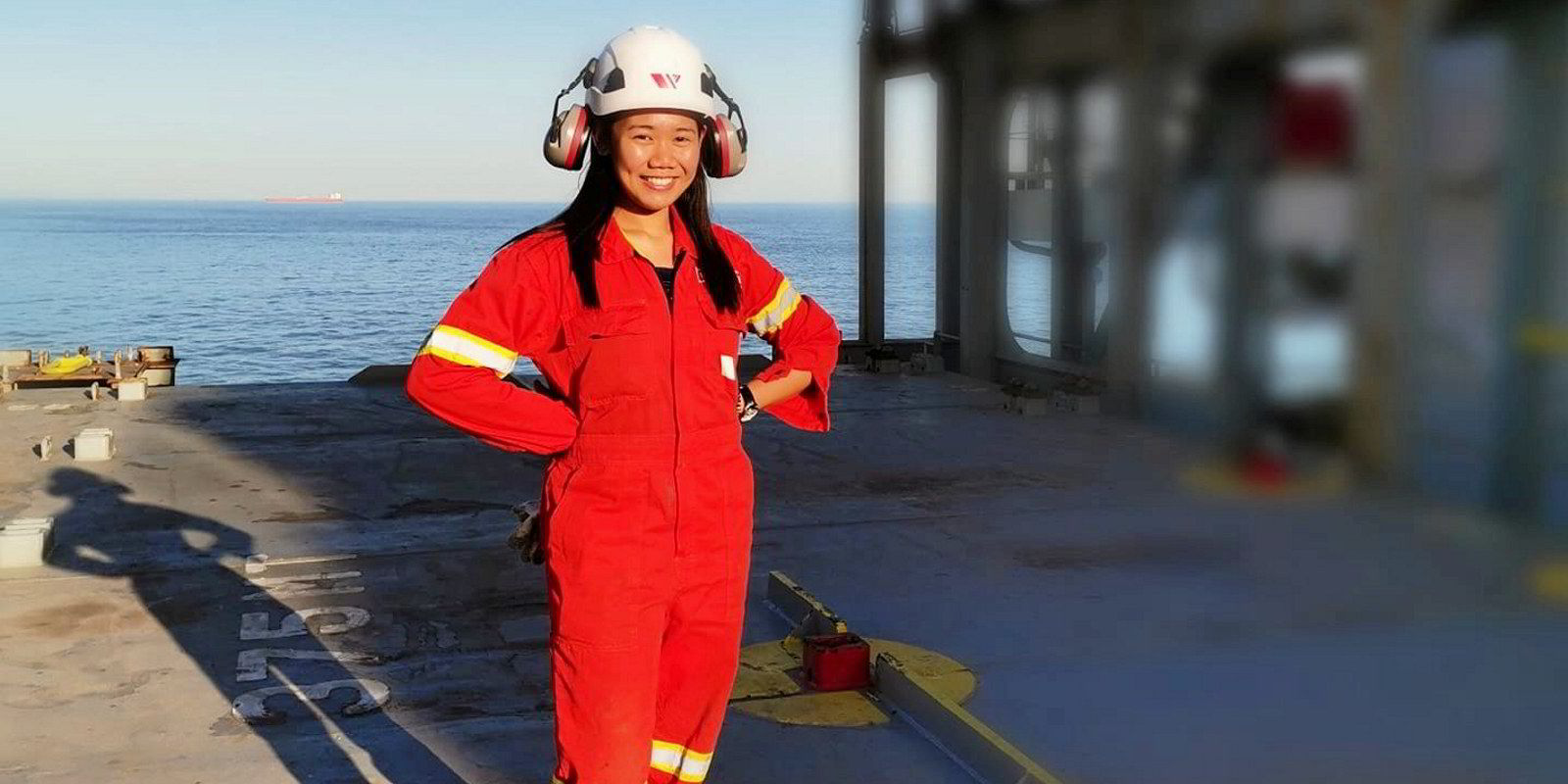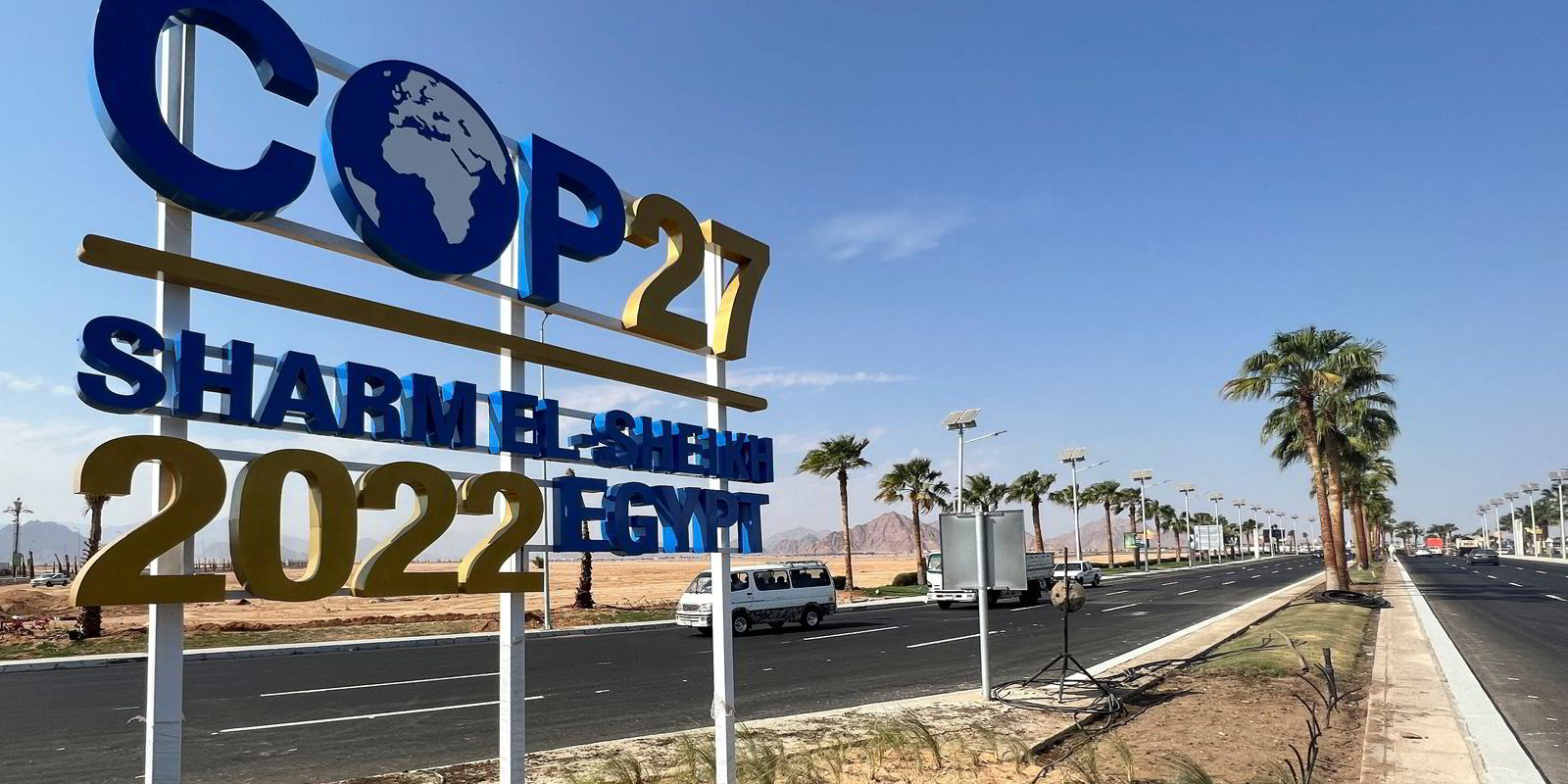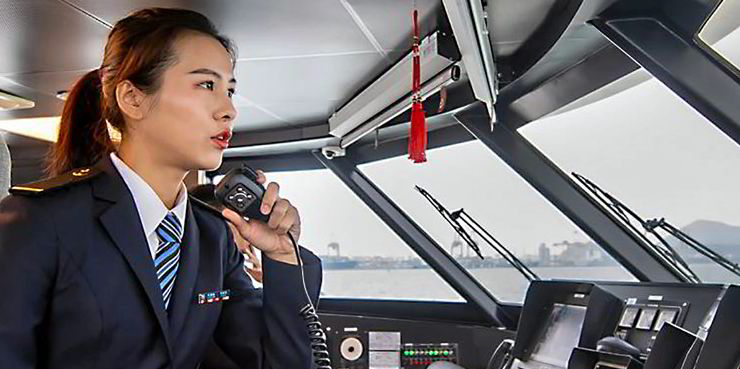In the year since being formed at the COP26 climate change talks in Glasgow the Maritime Just Transition Task Force, set up to work out how to reskill the seafaring workforce for a digital and decarbonised future in safe and fair ways, has come some distance.
But launching a report which calculates up to 800,000 seafarers will need additional training by the mid-2030s to be able to handle alternative fuels and propulsion technologies at the COP27 meeting in Egypt, the group involving shipowners, unions and the United Nations stressed the hard work starts now.
The taskforce, set up by the International Chamber of Shipping (ICS), International Transport Workers’ Federation (ITF) UN Global Compact, International Labour Organization (ILO) and International Maritime Organization warned that uncertainty is a major issue.
“A lack of clarity surrounding the viability and uptake of alternative fuel technologies and decarbonisation trajectories, coupled with uncertainty surrounding regulatory developments and financing, is making it difficult to plan for the further training of the maritime workforce,” said in a report it delivered: Mapping a Maritime Just Transition for Seafarers.
However, ITF general secretary Stephen Cotton said the taskforce was already starting to engage with seafaring training nations about delivering requirements.
It was making an immediate start at the Crew Connect Global conference later this month in the Philippines, the world’s largest seafarer-supplying country, he said.
“We will be taking this roadshow down to Manila asking the secretary of labour, engaging with the secretary of the environment and the secretary of transport to make sure we can do what we describe as national skills councils,” Cotton said in Sharm el-Sheikh.
“This isn’t five global stakeholders sitting in an Ivory Tower; this is a group process where we bring it back to the workers but also recognise that for the maritime industry certain stakeholders — other countries: the Philippines, India, Ukraine — have to be part of this process.”
Maria Antonia Yulo Loyzaga, secretary of the Department of Environment and Natural Resources for the Philippines, and ICS secretary general Guy Platten said collaboration engendered in the taskforce group originated in the Covid pandemic, when thousands of seafarers were stuck on ships for months on end and the shipping industry came together to lobby governments to act on the crisis.
Yulo Loyzaga said the Philippines recognises that basic to tertiary education plus trades training need to be geared towards changes that are coming in digitalisation and propulsion. The country relies heavy on its population of 1m accredited seafarers who bring in bring in about one-fifth of a total of $30bn in money transfers to the Philippines every year.
Platten said: “It’s our job now to give some pathways going forward [for seafarers]”, who will be at the forefront of whatever fuels and technologies are adopted.
He said the ICS was pleased the IMO has responded to calls to review and update the International Convention on Standards of Training, Certification and Watchkeeping (STCW) to reflect the transition to alternative fuels and technologies.
“It is an ideal opportunity for us to really embed some of the principles of the just transition within the STCW and ensure our seafarers have the skills for the future,” Platten said.
Yulo Loyzaga said 40% of the Philippines workforce is female and she hoped to see that proportion better reflected in the maritime sphere as part of the process.
IMO secretary general Kitack Lim agreed that working with the taskforce members to upskill training and education would be crucial to decarbonisation efforts as he stressed that the organisation was seeking to improve its carbon emission targets next year.
“We are in a critical moment. We have to adopt a conclusion of a long-term future [decarbonisation] strategy by the middle of next year,” Lim said as he reflected that a key issue of the COP27 talks and its efforts will be finding ways to help developing countries afford to mitigate and adapt to climate change.
Shipping operations will feel the effects of those changes and Cotton said shipowners and global south and north governments need to interface with the work. “This is not going to go away,” he added.






